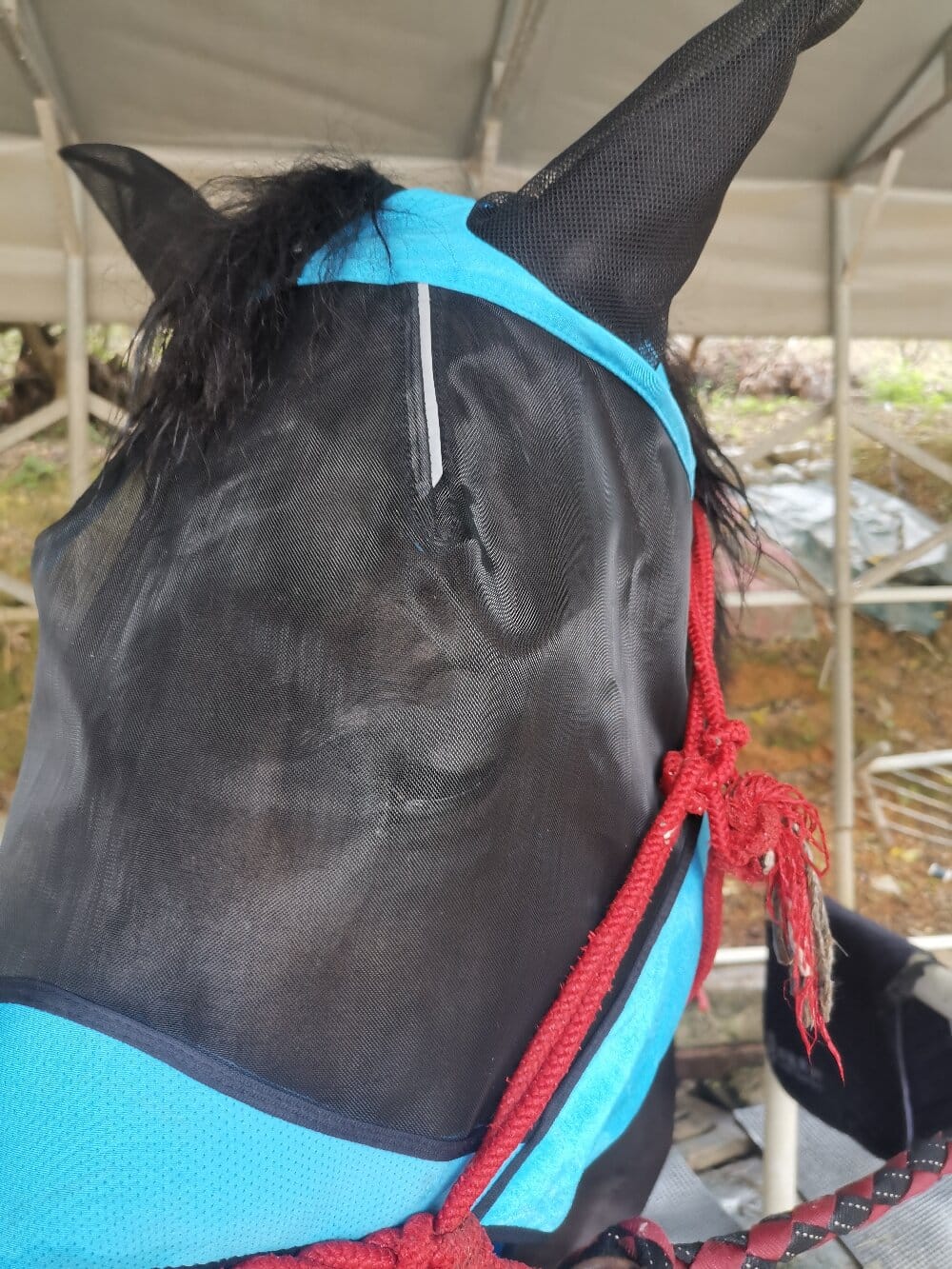A horse fly mask is an essential piece of equestrian gear designed to protect horses from pesky insects, harmful UV rays, and eye irritants. Many horse owners swear by these masks, as they not only enhance their animal’s comfort but also prevent infections and allergic reactions caused by relentless flies. Whether used during turnout, trail rides, or competitions, a well-fitted fly mask can make a significant difference in a horse’s well-being.
Flies and other biting insects are more than just a nuisance for horses—they can lead to serious health issues. Constant irritation from pests may cause stress, skin infections, or even vision problems if left unchecked. A fly mask acts as a barrier, shielding the horse’s face, ears, and sometimes the muzzle. Additionally, some masks offer UV protection, which is crucial for horses with light-colored coats or sensitive skin prone to sunburn.
Choosing the Right Fly Mask for Your Horse
Selecting the perfect horse fly mask involves considering several factors:
- Material: Look for breathable, lightweight fabrics like mesh to ensure comfort without overheating.
- Coverage: Some masks protect only the eyes, while others extend to the ears and muzzle. Choose based on your horse’s needs.
- Fit: A mask that’s too tight can cause chafing, while a loose one may slip off. Adjustable straps are ideal.
- Durability: Reinforced stitching and tear-resistant materials ensure longevity.
- UV Protection: Essential for horses spending long hours outdoors in sunny conditions.
Benefits of Using a Fly Mask
Beyond keeping insects at bay, a fly mask for horses offers multiple advantages:
- Reduced Stress: Horses are less agitated when free from constant insect harassment.
- Prevention of Eye Infections: Flies can transmit bacteria, leading to conditions like conjunctivitis.
- Sunburn Protection: Masks with UV-blocking properties safeguard sensitive skin around the eyes.
- Improved Focus: During training or competitions, a mask helps horses concentrate without distractions.
Common Concerns and Solutions
While fly masks are beneficial, some horse owners encounter challenges:
- Mask Removal: Some horses learn to remove their masks. Opt for styles with secure fastenings or breakaway safety features.
- Dirt Accumulation: Regular cleaning prevents grime buildup, which can irritate the skin.
- Breathability Issues: Ensure the mask allows adequate airflow to avoid overheating.
Tips for Maintaining a Horse Fly Mask
Proper care extends the lifespan of a fly mask and keeps it hygienic:
- Hand-wash with mild soap and air-dry to preserve elasticity.
- Inspect for wear and tear regularly, replacing damaged masks promptly.
- Store in a dry, shaded area when not in use to prevent material degradation.
Final Thoughts on Fly Masks
Investing in a high-quality horse fly mask is a small step that yields significant rewards. From preventing insect-borne diseases to ensuring comfort under the sun, these masks are indispensable for responsible horse care. By selecting the right design and maintaining it properly, owners can provide their equine companions with uninterrupted peace and protection.

